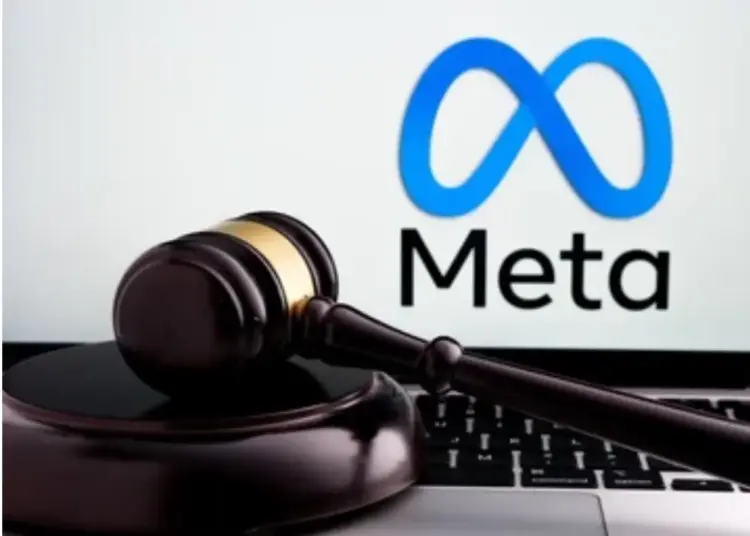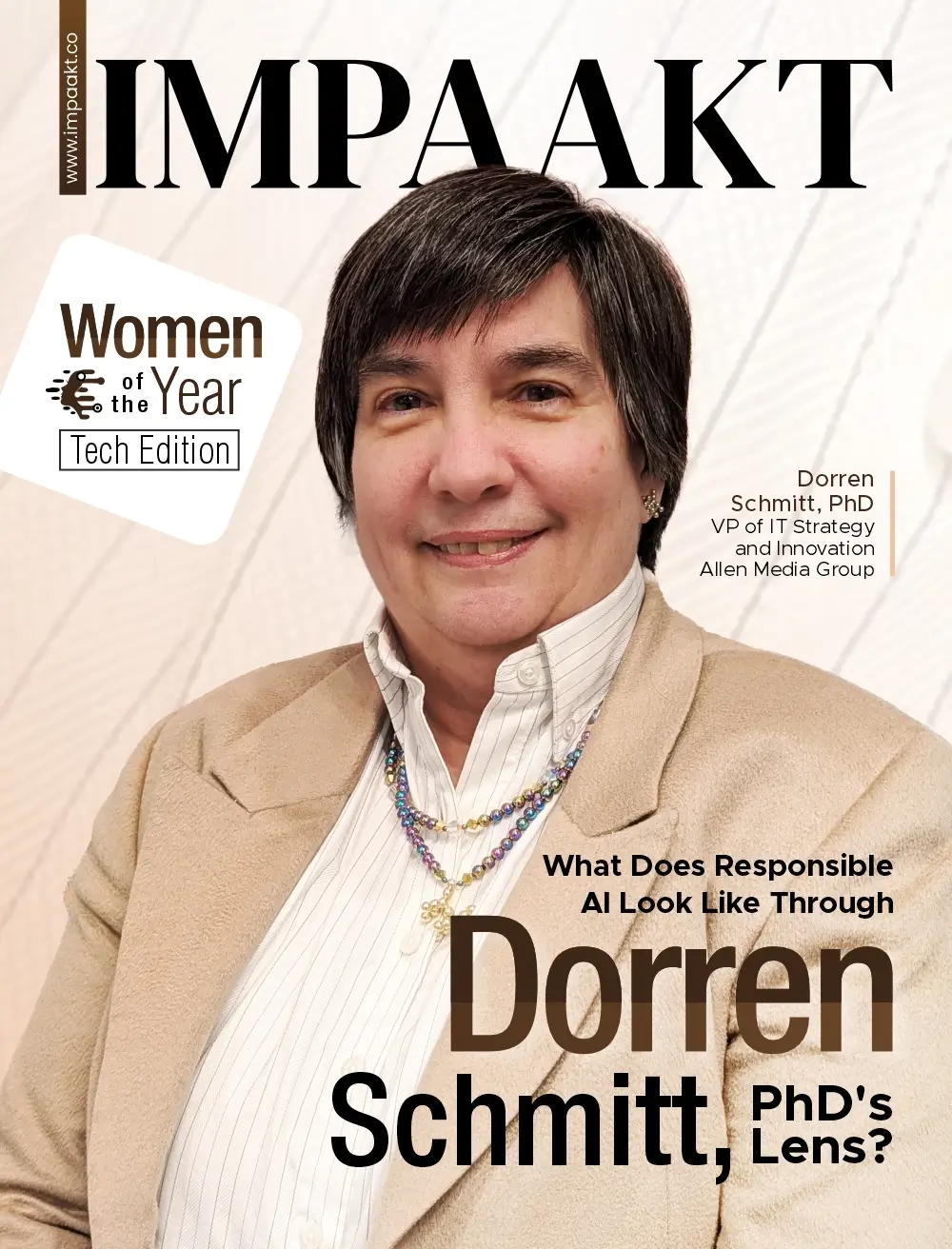Meta Platforms is under intense legal fire as the Federal Trade Commission (FTC) pushes forward with its antitrust case over the acquisitions of Instagram and WhatsApp. The lawsuit claims Meta intentionally built a monopoly by acquiring rising competitors, limiting innovation and suppressing new entrants into the social media space.
At the centre of the case are two of Meta’s most valuable assets—Instagram and WhatsApp—purchased in 2012 and 2014, respectively. Regulators believe these acquisitions helped Meta tighten its grip on digital communication and advertising, creating a market imbalance. Meta Suite, which includes Instagram, Facebook, Messenger, and WhatsApp, has grown into one of the most dominant ecosystems online.
Critics argue that the Facebook meta-merger strategy made it harder for new companies to grow, reducing options for users and advertisers alike. Supporters of the case suggest a breakup could give emerging platforms a better chance at succeeding in a market long dominated by Meta Platforms. The FTC’s lawsuit represents one of the most serious antitrust challenges to a U.S. tech company in recent memory. Although the acquisitions were initially approved, regulators now say they underestimated Meta’s future influence and control over user data and digital markets.
Mark Zuckerberg, CEO of Meta, has repeatedly defended the deals, stating they were legal, strategic, and ultimately beneficial for users. According to Zuckerberg, it was Meta’s investment, scale, and tight-knit ecosystem that fueled the growth of Instagram and WhatsApp. Still, critics argue that Meta used its platform power to copy, acquire, or crush competitors, stifling innovation across the board.
This trial has captured the attention of the entire tech community. A ruling in favour of the FTC could set new standards for regulating tech giants. It might also shape how meta and other tech firms approach future mergers and product development. If Meta is forced to divest its major platforms, it would mark a historic shift in how the U.S. handles tech consolidation.
Economists warn that a breakup may disrupt millions of users who rely on the seamless experience across Meta Suite products. On the other hand, some entrepreneurs see this as a long-overdue correction in a space increasingly dominated by a few powerful names. “This could reset the playing field,” said one founder of a privacy-focused app. “Small companies might finally get a fair shot.”
The case also raises ethical questions about surveillance, consumer choice, and corporate accountability in the digital age. While the outcome remains uncertain, what’s clear is that Meta Platforms now faces a moment that could redefine its future and that of the wider tech world.
The world is watching—not just for the verdict but for what it means for digital freedom, innovation, and the structure of global tech markets.











